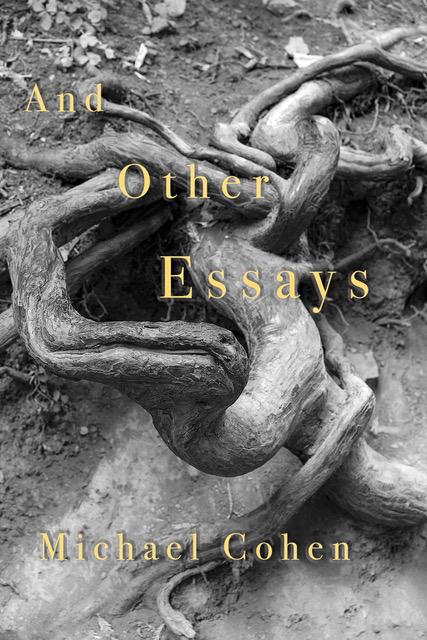A few mysteries these days have alternate-universe settings; these are books that could as easily be shelved in the Fantasy/Sci-Fi section as in the mystery aisle. I’ve resisted them up to now, thinking that, as Sherlock Holmes says in “The Sussex Vampire,” “This agency stands flat-footed upon the ground, and there it must remain. The world is big enough for us.” But I decided I ought to sample one such book, and I chose Jason Fforde’s The Eyre Affair—Eyre as in Jane Eyre, because the book’s detective, whose name is Thursday Next, spends some time within the novel Jane Eyre and saves its heroine from kidnapping. The detective’s intervention also changes the ending of Charlotte Bronte’s novel from a less satisfactory one to the one we have now.
The idea of fictional characters traveling outside of their books, or real people entering books, was first conceived, so far as I know, by Woody Allen in a hilarious 1977 New Yorker short story called ‘‘The Kugelmass Episode.’’ Jason Fforde makes the idea part of an alternate-universe England in 1985, when time travel is common, though space travel is still by train and dirigible airship. It’s a place where Jurassic Park-type cloning is commonplace—the story’s detective has a pet dodo, for example.
Thursday Next is a detective in the Literary Division of the Special Operations Network, policing manuscript forgeries and other violations to the country’s literary heritage, in an England where Shakespeare has become a popular culture figure with coin operated machines called Will-Speaks that deliver soliloquies from the plays for ten pence. When she becomes involved in the theft of the Jane Eyre manuscript, she finds herself facing a larger-than-life villain who is motivated by pure evil and an officer of a global mega-corporation whose motive is pure greed. The villain has the Prose Portal, the machine that enables travel into and out of books; the corporation wants the machine because it represents power to change and distort the truth.
The larger context of the story is the Crimean War between England and Russia, which, in this book, did not end in 1856 but continues to the present day, 130 years after it began. Thursday is a veteran of that war and bitterly opposes it. The outcome of her present adventure also affects the outcome of the war.
The book has a lot of wordplay with names and many literary allusions, and its plot turns can be quick and surprising. If your tolerance for the fantastic is high enough, you might like it. Stay away if you can’t stand anything by Douglas Adams or Terry Pratchett or Kurt Vonnegut or J. K. Rowling. If you do like The Eyre Affair, there are now more Thursday Next books to keep you entertained.
